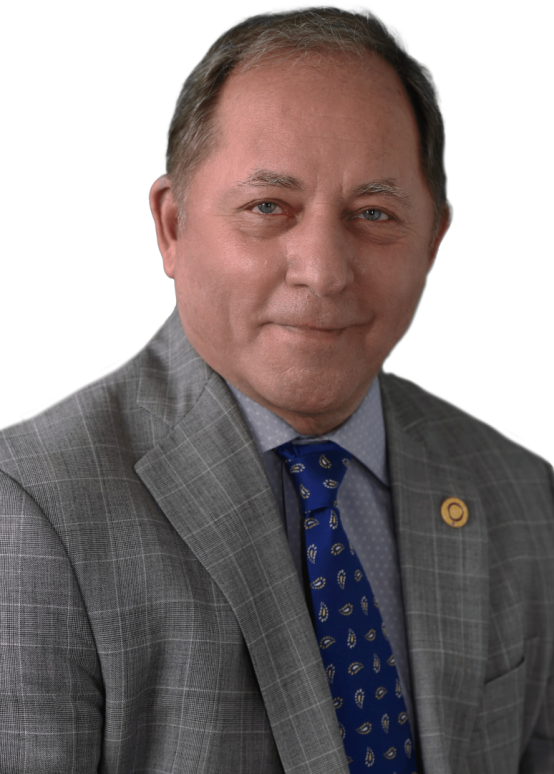Hawley Works To Repeal New Utility Tax
Assemblyman Steve Hawley (R, I, C – Batavia) is drafting legislation that will repeal the two percent tax on utilities. The tax is estimated to cost average consumers between $40 and $200 annually and went into effect on July 1, 2009.
“Residents already are struggling to pay their utility bills, especially our seniors. This tax is a perfect example of Albany shifting the burden of their out-of-control spending in our state and I am working to relieve residents and businesses from this unnecessary tax,” said Assemblyman Hawley.
Part NN of Article VII of the Laws of 2009 established a utility service conservation assessment of two percent on utilities statewide. The measure was enacted through the budget bill, Assembly Bill 159-B, which Hawley voted against.
Since 1972, a similar tax of .3 of one percent was bundled into the delivery charge portion of a consumer’s utility bill. This new tax, increased by more than 300 percent to 2 percent, is expected to raise $557 million for the state’s General Fund or more than $2.8 billion through March 31, 2014.
To offset the revenues lost by rescinding this new tax, Hawley proposes that the state first address their “addiction to spending.” He has compiled a list of areas where the state could spend less or consolidate without compromising services. For example, this year’s budget appropriated $60 million for new land acquisition and $200 million in member item spending. The state also has continued to purchase and finance state-owned automobiles as perks for certain employees at an estimated cost of $10 million annually. These appropriations are, in Hawley’s view, an inappropriate use of taxpayer dollars given the current fiscal climate.
Additionally, Hawley states that $1 billion in administrative costs could be saved by merging certain governmental agencies, such as the state Department of Correctional Services with the divisions of Criminal Justice, Probation and Correctional Alternatives and Parole or the state Office of Real Property with the Department of Taxation and Finance. Another $5 billion also could be saved by addressing Medicaid fraud, waste and abuse. Currently, the state is only recovering an average $500 million, leaving an estimated $4.5 billion in taxpayer dollars being misused.
The Assemblyman will be seeking the sponsorship of his colleagues in both houses and will urge the State Legislature to address the bill when lawmakers return to Albany.
